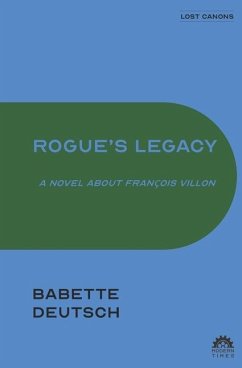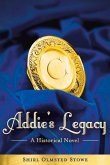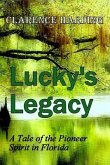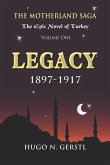Published nine years after her 1933 novelization of the trial and death of Socrates, Rogue's Legacy is Babette Deutsch imagining François Villon, the notorious French poet known as much for his verse as for his criminality. As Herbert Gorman wrote in the New York Times: "The extant documentation concerning Villon in Rogue's Legacy is brought to such a sharp and living fictional focus that the result for the reader is very much like draining a huge beaker of ruddy Beaune that the poet loved so well. . . . She has created a character who lives and who might very well be the François Villon who killed Sermoise, loved Katherine de Vauselles, robbed the Collége de Navarre, capped rimes with the Duc d'Orléans, and died miserably in a ditch on a lonely road far from his beloved Paris. About the author: Babette Deutsch (1895-1982) was born in New York City, where she lived for most of her life. A poet, translator, novelist, editor, critic, and educator, she published in such literary magazines as the New Republic and the North American Review while still a student at Barnard College. She taught at the New School for Social Research and at Columbia University, from which she also received an honorary doctorate in 1946. Banners, her first poetry collection, appeared in 1919 and was followed over the next forty years by four novels, six volumes of children's books, four books on poetry, and numerous translations. She compiled several collections of stories for children as well as anthologies of poetry, and co-translated Alexander Pushkin's Eugene Onegin with her husband, librarian Avrahm Yarmolinsky. Her work combined a range of influences, cultures, and epochs to create a rich visual language. Among the honors and awards she received during her life was The Nation's Poetry Prize (1926).
Hinweis: Dieser Artikel kann nur an eine deutsche Lieferadresse ausgeliefert werden.
Hinweis: Dieser Artikel kann nur an eine deutsche Lieferadresse ausgeliefert werden.








